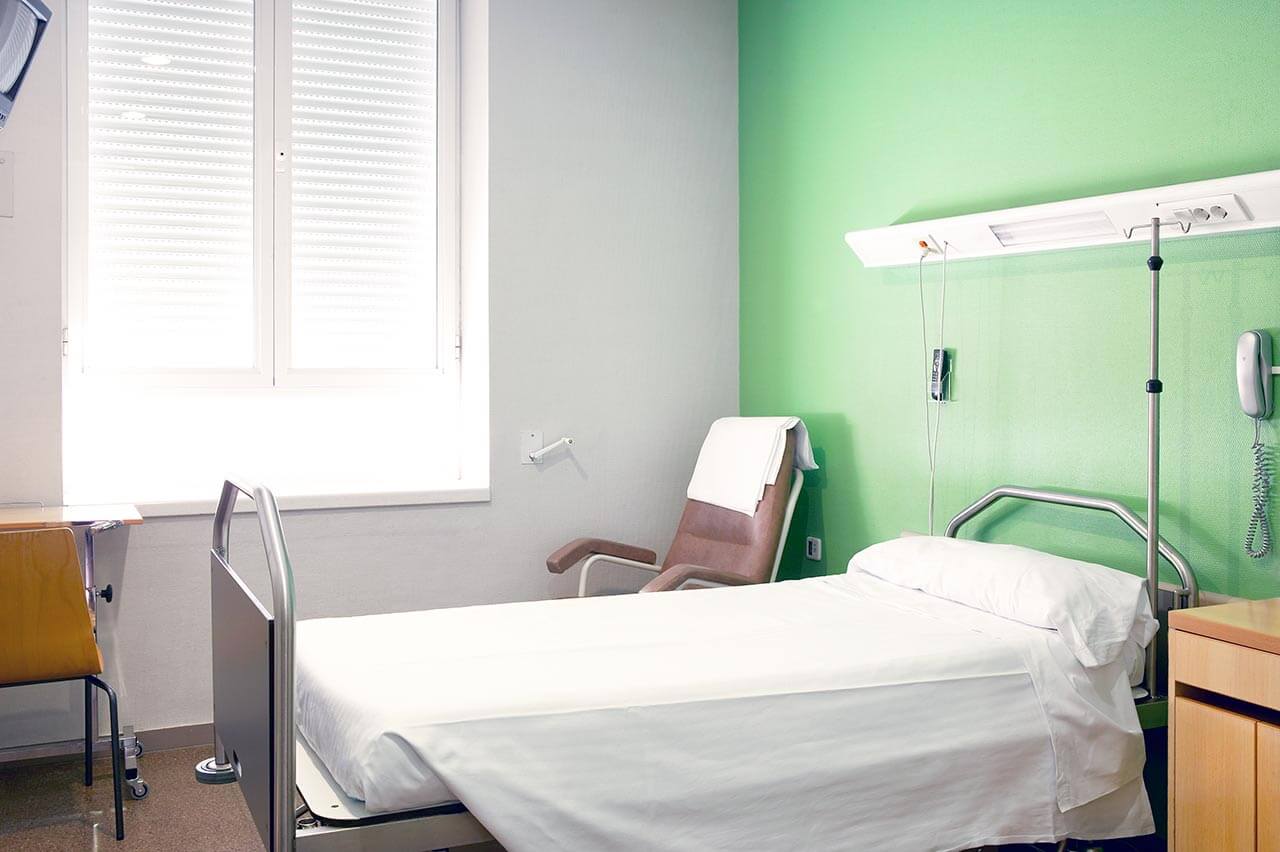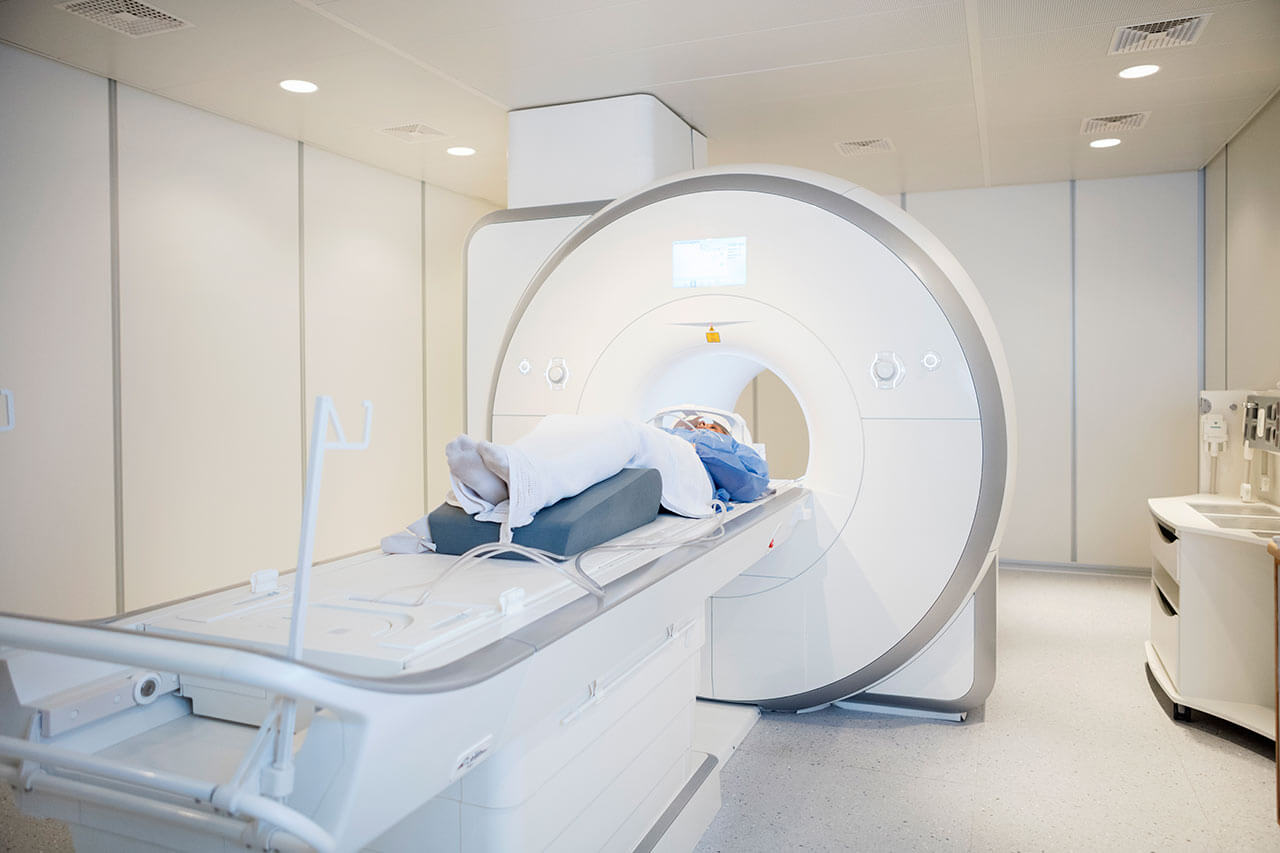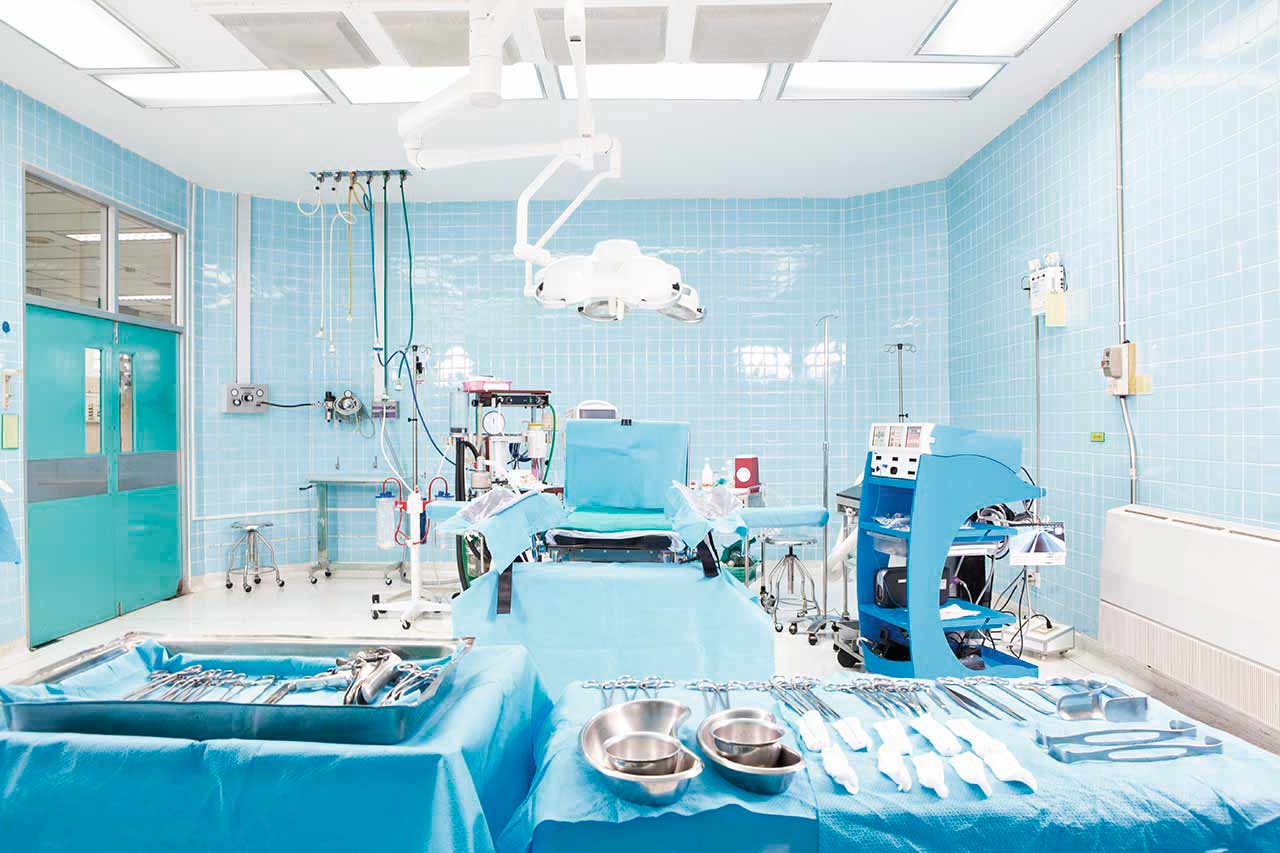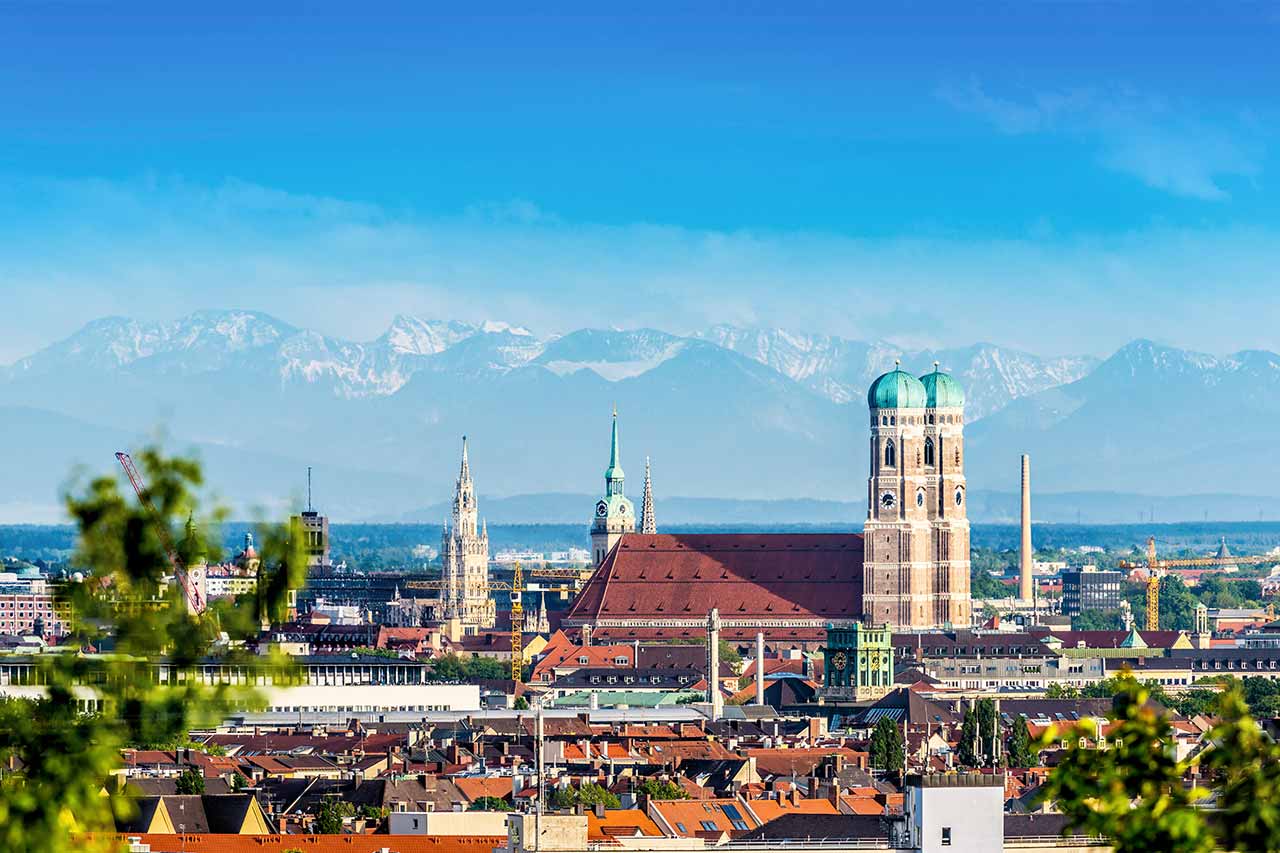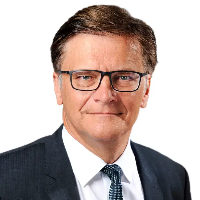
The program includes:
- Initial presentation in the clinic
- clinical history taking
- physical examination
- review of medical records
- laboratory tests:
- complete blood count
- general urine analysis
- biochemical analysis of blood
- TSH-basal, fT3, fT4
- tumor markers
- indicators of inflammation
- indicators blood coagulation
- CT/MRI of the abdomen and chest
- ultrasound/ x-ray examination
- conduct endo-sonography of bronchi
- bronchoscopy with biopsy of bronchi and lungs
- histological/ cytological research
- preoperative care
- segmental resection of the lung
- histologically and immunohistochemically examination
of the remote tissues - symptomatic treatment
- control examinations
- the cost of essential medicines and materials
- nursing services
- full hospital accommodation
- explanation of future recommendations
Required documents
- Medical records
- MRI/CT scan (not older than 3 months)
- Biopsy results (if available)
Service
You may also book:
 BookingHealth Price from:
BookingHealth Price from:
About the department
The Department of Thoracic Surgery at the University Hospital of Ludwig Maximilian University of Munich offers modern and the most sparing surgical treatment of the full range of diseases of the chest organs. Particular attention is paid to the treatment of malignant tumors of the lungs, pleura, and mediastinum, and lung metastases. The medical facility is certified as a Lung Cancer Center by the German Cancer Society (DKG). Such a quality certificate testifies to the outstanding quality of lung cancer treatment, which belongs to a group of particularly complex malignant diseases. The team of surgeons also has excellent professional skills in treating emphysema, pneumothorax, pleural empyema, and pleurisy. The department performs all surgical interventions in the field of reconstructive thoracic surgery, including the repair of pectus carinatum and pectus excavatum. The department is a Center of Excellence for Lung Transplant (Munich Lung Transplant Group, MLTG) and performs the largest number of lung transplants in all of Germany. The department's surgeons have a perfect command of minimally invasive and endoscopic techniques, so the number of classic open surgeries is negligible. The department is headed by Prof. Dr. med. Rudolf Hatz.
Lung cancer is one of the three most common oncological diseases, and its treatment is a complex task. In most cases, lung cancer is diagnosed in its advanced stages, since before that a person does not have any symptoms and is unaware of the presence of the pathology. The treatment of this type of oncology requires a comprehensive and professional approach, which patients are guaranteed to receive at a specialized Lung Cancer Center on the basis of the department. Patients with suspected lung cancer undergo many diagnostic examinations, the results of which help doctors to determine the most effective treatment tactics. A diagnostic protocol includes pulmonary function tests, endoscopic tests, computed tomography of the chest and abdominal cavity, positron emission tomography, and a biopsy followed by a histological examination.
Depending on the tumor size and the stage of cancer, thoracic surgeons perform tumor resection or removal of the lung lobe and adjacent lymph nodes affected by the oncological process. Patients with small tumors undergo minimally invasive surgery with video-assisted thoracoscopic surgery (VATS). For large tumors or neoplasm invasion in the thoracic wall, open surgery is still the best option. The team of thoracic surgeons at the medical facility performs hundreds of lung cancer surgeries every year, so the doctors have tremendous experience and achieve impressive therapeutic results. The treatment regimen for each patient is developed in collaboration with pulmonologists, oncologists, radiation therapists, and specialists in the field of nuclear medicine, since curing lung cancer requires an interdisciplinary approach and the use of various therapeutic methods. Surgery is often supplemented with chemotherapy, radiation therapy, chemoradiotherapy, targeted therapy, immunotherapy, and other methods.
The department also treats pleural empyema, which is pus accumulation in the pleural cavity, most often due to the progression of pneumonia or a lung abscess. In some cases, pleural empyema develops due to the inadequate performance of a pleural puncture or a lung puncture. When a pathological process is detected in its early stages, thoracic surgeons use low-traumatic endoscopic techniques. In the advanced stages of pleural empyema, experts prefer open surgery, namely decortication. In some cases, after the operation, it is necessary to rinse the thorax with drainage systems.
The department's doctors are competent in surgical repair of the pectus excavatum. This congenital malformation is characterized by retraction of the sternum and ribs at various depths. Pectus excavatum occurs predominantly in males. If left unrepaired, a patient will develop secondary spinal deformities, impaired respiratory function, etc. In addition, patients with pectus excavatum often suffer from complexes due to their appearance. In most cases, thoracic surgeons perform a minimally invasive Nuss procedure, during which one or two individually adapted metal staples are inserted into the thorax under image guidance, which straighten the chest from the inside by applying tension. The Nuss procedure guarantees an excellent aesthetic outcome, minimal soft tissue trauma, and a low risk of complications. In complicated clinical cases, an open Ravitch procedure is recommended for patients.
The department specializes in the diagnostics and treatment of the following diseases:
- Benign diseases of the lungs, chest organs and mediastinum
- Pleural empyema
- Pleurisy
- Pneumothorax
- Tracheal stenosis
- Pectus excavatum
- Pulmonary sequestration
- Respiratory failure
- Chest injuries
- Malignant diseases of the lungs, thorax and mediastinum
- Thymic cancer (thymoma)
- Lung cancer
- Chest wall tumors
- Pleural mesothelioma
- Malignant pleural effusion
- Esophageal diseases with lung involvement
- Lung metastases
- Other diseases
The department's surgical options include:
- Video-assisted thoracoscopic surgery (minimally invasive surgery)
- Thoracotomy (classic open surgery)
- Endoscopic interventions
- Flexible and rigid bronchoscopy
- Mediastinoscopy
- Nuss procedure (minimally invasive) and Ravitch procedure (open) to repair pectus excavatum
- Lung transplant
- Other methods of surgical treatment
Curriculum vitae
Professional Career
- 1979 - 1985 Medical studies at Ludwig Maximilian University of Munich.
- 1983 One semester at the Faculty of Medicine at the Stanford University, USA.
- 1986 - 1987 Assistant Physician in the Department of Surgery, University Hospital of Ludwig Maximilian University of Munich.
- 1988 Research Fellow at the General Hospital in Massachusetts.
- 1988 - 1994 Assistant Physician in the Department of Surgery, University Hospital of Ludwig Maximilian University of Munich.
- 1994 Board certification in Surgery.
- 1988 Habilitation, PD and Senior Physician.
- 2001 Specialization in Thoracic Surgery and Abdominal Surgery.
- 2001 Scholarship from the American College of Surgeons.
- 2002 Quality Management Certificate, Bavarian State Medical Association.
- 2004 Managing Senior Physician, Department of Surgery, University Hospital of Ludwig Maximilian University of Munich, and in 2005 – Professorship.
- Since 2006 Head of the Department of Thoracic Surgery at the University Hospital of Ludwig Maximilian University of Munich.
- Since 2007 Specialist in advanced training and Consultant at the Bavarian State Medical Association in Thoracic Surgery, as well as Professor in Thoracic Surgery at Ludwig Maximilian University of Munich.
Prizes, Awards and Distinctions
- Georg Heberer Award.
- Robert Schindler Award.
- Award from the European Society of Mucosal Immunology.
- Robert Schulz Award.
Memberships in Professional Societies
- Project Member at the Munich Cancer Center.
- Project Group "Gastrointestinal infections" of the German Society for Hygiene and Microbiology.
- Head of the Munich Lung Transplant Group.
- International Society for Heart and Lung Transplantation.
- German Society for Wound Healing and Wound Treatment (Secretary, 1996 - 1998).
- German Society for Thoracic Surgery.
- German Society of Surgery.
- German Association for Wound Healing and Wound Treatment of the German Society of Surgery (CAW).
- Surgical Association of Endoscopy of the German Society of Surgery (CAE).
- Professional Association of German Surgeons (BDC).
- Bavarian State Association of Surgeons.
- 2015 Member of the American Surgical Association as a Research Fellow at the American College of Surgeons (FACS).
Photo of the doctor: (c) LMU Klinikum
About hospital
According to the Focus magazine, the University Hospital of Ludwig Maximilian University of Munich is regularly ranked among the best medical institutions in Germany!
The hospital is the largest multidisciplinary medical facility, as well as a leading research and training center in Germany and Europe. The hospital is proud of its bicentenary history and tirelessly confirms its primacy at the national and international levels. The outstanding quality of medical care is complemented by highly productive research activities, thanks to which many effective diagnostic and therapeutic methods, saving people’s lives, have been presented in medical practice.
The medical facility includes two main buildings, Grosshadern and Innenstadt. The hospital has 29 specialized departments, 53 interdisciplinary centers, 11 institutes, and many sections. More than 500,000 patients are treated here every year, which indicates the hospital's excellent reputation. A large and highly professional medical team, consisting of 1,800 doctors and 3,300 nursing staff, works for the benefit of patients. The hospital has 2,000 beds to accommodate patients.
The hospital's infrastructure deserves special attention: advanced diagnostic equipment that allows doctors to detect the slightest pathological changes in the human body, the latest operating rooms with highly efficient monitoring systems, robot-assisted surgical systems that facilitate sparing operations, and proper postoperative care.
Excellent technical resources and highly professional medical staff are undoubtedly the hospital's pride, but the medical facility also pays attention to the patient's comfort and to a humane attitude toward their life situation. When providing the necessary medical care, doctors and nursing staff always show a friendly attitude, inform patients in detail about the upcoming diagnostic and therapeutic procedures, gladly answer all questions of interest to patients, and provide moral support during the therapeutic process.
The hospital has many prestigious quality certificates, including a DIN EN ISO 9001 certificate, an IQM certificate, an endoCert certificate, certificates from the German Cancer Society (DKG) for treating various types of cancer, the German Cardiac Society (DGK), the German Society for Orthopedics and Trauma Surgery (DGOU), etc. Thus, patients can count on the best possible treatment outcome due to the use of the most effective and, at the same time, sparing therapeutic techniques.
Photo: (с) depositphotos
Accommodation in hospital
Patients rooms
The patients of the University Hospital of Ludwig Maximilian University of Munich live in comfortable, spacious, single and double patient rooms with a modern design. Each room is equipped with an ensuite bathroom with a shower and toilet. The furnishing of a standard patient room includes a comfortable bed, the position of which can be adjusted using the remote control, a locker for storing personal belongings, a TV, and a telephone. Also, if desired, you can connect to the Internet. In addition, patients can opt for enhanced-comfort rooms, with a safe, a fridge, and upholstered furniture.
The hospital has an excellent infrastructure. The medical facility’s area houses a bank, ATMs, a hairdresser, shops with a wide range of food, drinks, newspapers, magazines, and personal hygiene items, play areas for children, and a beautiful garden for walking, etc.
Meals and Menus
The patient and his accompanying person are offered a daily choice of three menus, including a vegetarian one. If you are on a specific diet for any reason, you will be offered an individual menu. Please inform the medical staff about your dietary preferences prior to the treatment.
Further details
Standard rooms include:
Religion
Religious services are available upon request.
Accompanying person
Your accompanying person may stay with you in your room or at a hotel of your choice during the fixed program.
Hotel
You may stay at a hotel of your choice during an outpatient program. Our managers will help you to choose the best option.
The hospital offers a full range of laboratory tests (general, hormonal, tests for infections, antibodies, tumor markers, etc.), genetic tests, various modifications of ultrasound scans, CT scans, MRI and PET/CT, angiography, myelography, biopsies, and other examinations. Treatment with medications, endoscopic and robotic operations, and stereotaxic interventions are carried out here, modern types of radiation therapy are also used. The hospital offers patients all the necessary therapeutic techniques.
- Allogeneic bone marrow transplantation
- Microsurgical transplantation of head and neck tissues
- Microsurgical resection of brain tumors with intraoperative fluorescence
- Minimally invasive treatment of spine pathologies
- Joint replacement with postoperative rehabilitation (fast track program)
Patients with benign and malignant neoplasms of various localizations, pathologies of arteries and veins, herniated discs, osteoporosis, congenital and acquired pathologies of the musculoskeletal system, benign and malignant pathologies of the mammary gland, and other pathologies.
Which specialties of the University Hospital of Ludwig Maximilian University of Munich are the best?
- Interventional and diagnostic neuroradiology
- Vascular surgery
- Cardiac surgery
- Mammalogy
- Gastroenterology and hepatology
Over 1,700 highly qualified doctors work at the hospital.
